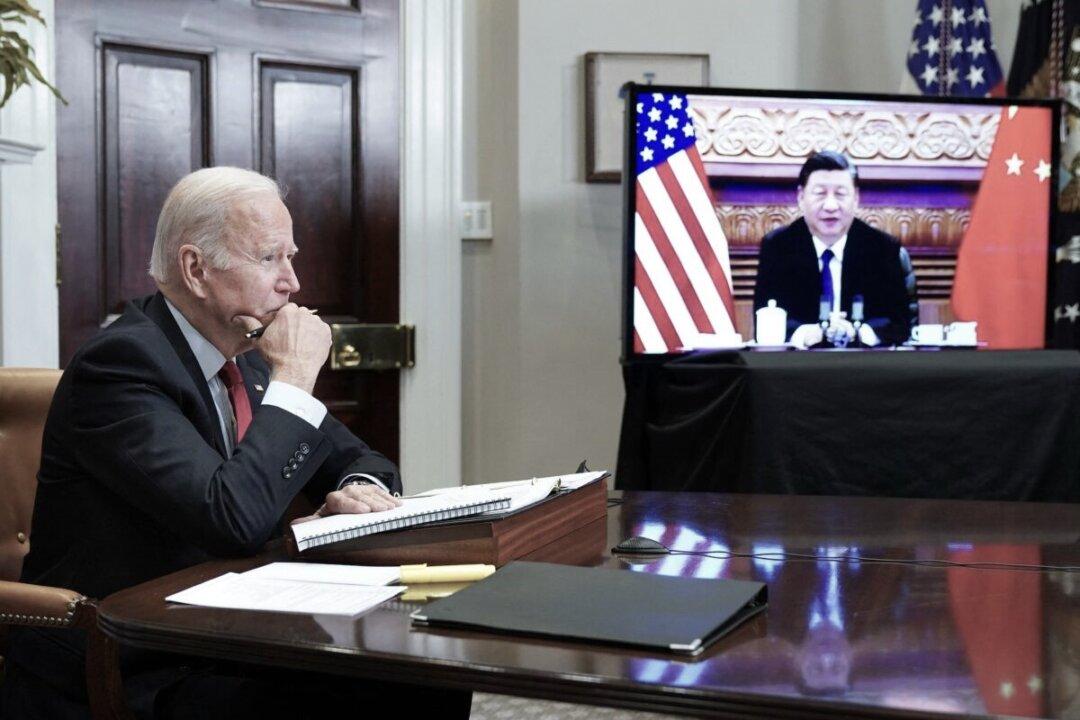President Joe Biden will likely meet with Chinese Communist Party (CCP) leader Xi Jinping later in the year for the pair’s first face-to-face, according to a White House official.
Kurt Campbell, White House Coordinator for the Indo-Pacific, confirmed that Biden and Xi agreed to set up a face-to-face meeting during their last conference call in July, but that there were “no details” about the time and location for that meeting.




